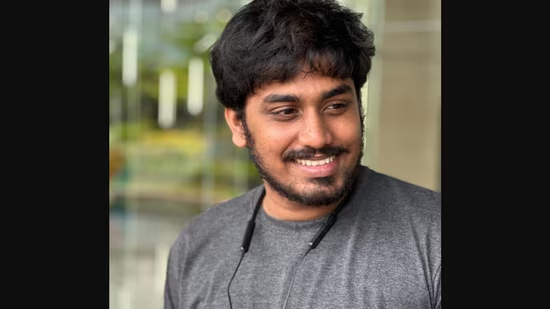Now Reading: Indian Startup Founder Cancels ₹22 LPA Job Offer After Candidate’s Offensive LinkedIn Post Surfaces
-
01
Indian Startup Founder Cancels ₹22 LPA Job Offer After Candidate’s Offensive LinkedIn Post Surfaces
Indian Startup Founder Cancels ₹22 LPA Job Offer After Candidate’s Offensive LinkedIn Post Surfaces

A recent hiring decision by an Indian startup founder has sparked intense debate on professionalism and social media responsibility. A job offer worth ₹22 lakh per annum was withdrawn after the candidate’s old LinkedIn post—deemed derogatory towards religious communities—came to light. The incident has ignited discussions on whether personal online opinions should influence career opportunities, especially in a digitally transparent job market.
The Post That Triggered the Decision
The candidate, who had successfully cleared all rounds for a high-paying role, reportedly shared a post on LinkedIn in 2023 containing remarks that were perceived as offensive and insensitive to certain religious sentiments. Though the post was not recent, its resurfacing during the hiring process led the company to reassess the offer.
The founder, who later explained the decision publicly, stated that cultural alignment and respect for diversity were non-negotiable values for the company.
A Divided Response on Social Media
The cancellation triggered mixed reactions online. Some praised the company’s stand on inclusivity and ethical hiring, while others argued that judging a candidate’s professional potential based on a past personal opinion—however controversial—sets a dangerous precedent.
Debates emerged around freedom of expression, cancel culture, and the growing influence of social media activity on recruitment, especially for candidates from Tier 2 cities where digital awareness around online footprints is still evolving.
Implications for Job Seekers
This incident highlights a crucial shift in how employers are now factoring in a candidate’s digital behaviour during hiring. Recruiters increasingly screen social media profiles alongside resumes and interviews. In sensitive roles involving public interaction, branding, or global teams, alignment with the company’s core values is often non-negotiable.
For aspirants in Tier 2 and 3 cities, this serves as a timely reminder that professional etiquette now extends beyond interviews to one’s digital history.
Where Should the Line Be Drawn?
While no laws were broken by the candidate, the episode has prompted discussions on the boundaries between personal beliefs and professional life. Should old posts disqualify someone from a job? Or should companies make room for personal growth and change in perspective over time?
HR experts suggest a more balanced approach—offering a chance for dialogue or explanation before making final decisions, especially in cases involving young professionals still navigating the digital world.
Conclusion
The withdrawal of a ₹22 LPA job offer due to an old LinkedIn post reflects the growing overlap between personal expression and professional identity. As the job market becomes increasingly digital, both candidates and companies must tread carefully. For India’s youth, especially in Tier 2 cities, it’s a wake-up call to manage their online presence with as much care as their academic and professional credentials.
























